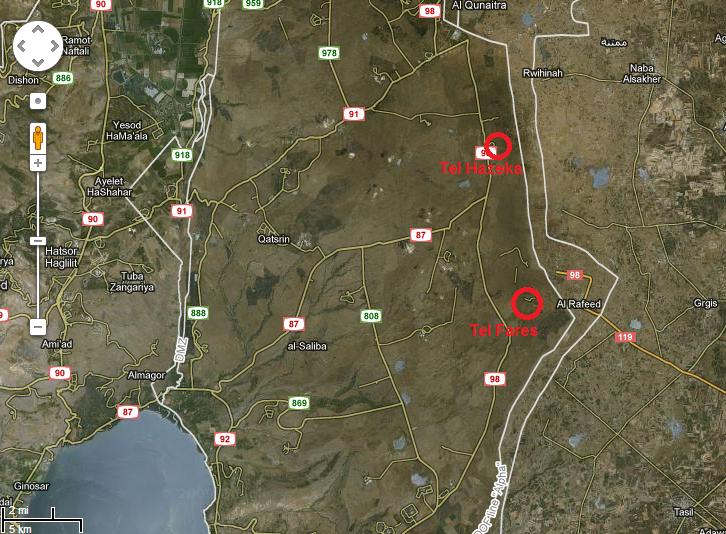On November 30th 2013 the BBC News website’s home page and Middle East page both promoted a feature titled “In pictures: Early years of Palestinian refugees” which showcases images from the newly digitised archives of UNRWA – currently being promoted by that organization within the framework of its permanent public relations campaign.
Quite how the promotion of campaigning material produced by politically motivated organisations can be considered part of the BBC’s remit or in adherence to its editorial guidelines on impartiality is a (big) question in itself, but it is notable that the captions to the photographs showcased by the BBC adhere diligently to the UNRWA script, with the text accompanying the final photograph, for example, reading:
“There are now four generations of Palestinian refugees. The “right of return” to their former homes in what is now Israel remains one of the thorniest issues in the conflict between Israel and the Palestinians.”
But of course the issue of Palestinian refugees is only half the story. The other half – that of Jewish refugees from Arab lands – has no dedicated UN refugee agency to document its history, no hereditary refugee status, no UN sponsored ‘Solidarity Day’ and no UN funded committee to champion its ‘inalienable rights’.
The other half of that story has in fact never been mentioned in any UN resolution whatsoever in the past 66 years, as was pointed out by Israel’s Ambassador to the UN, Ron Prosor, at a special UN session held on November 21st.
“In his statement, Prosor decried the United Nations’ actions. “Since 1947, there have been 687 resolutions relating to the Israeli-Palestinian conflict,” he said. Over 100 of those resolutions “deal specifically with the Palestinians refugees. And yet as we speak today, not one resolution says a single word about the Jewish refugees.” “
The special session was titled “The Untold Story of the Middle East: Justice for Jewish Refugees from Arab Countries,” and was hosted by the World Jewish Congress. The event featured testimonies from speakers including Lucette Lagnado, Linda Menuhin and Levana Zamir and the film below was also screened. In conversation with BBC Watch, Ambassador Prosor noted that only one Arab country was represented at the event.
[youtube=http://www.youtube.com/watch?v=KH8RL2XRr48]
As readers may already be able to guess, that recent conference was not covered by the BBC’s UN correspondent. Whilst it is not true to say that the BBC ignores the issue completely (see here, here, here, here and here for example) its coverage of Palestinian refugees continues to be considerably more extensive – and notably less controversial – than that of the content it produces on the subject of Jewish refugees from Arab lands.
A search for ‘Jewish refugees from Arab lands’ on the BBC News website produces 52 results (dating from between March 2002 and November 2013) – many of which are not actually directly related to the subject. In contrast, a search on the same website for ‘Palestinian refugees’ produces 1,304 results.
To use a term frequently employed by the BBC in its Middle East coverage, that ratio is of course disproportionate and – in addition to compromising the BBC’s commitment to impartiality as laid down in its editorial guidelines – also goes against the obligations of the BBC’s constitutional basis, according to which one of its public purposes is to build a “global understanding of international issues”.
Understanding of the Arab-Israeli conflict cannot be promoted by consistent under-reporting of the story of hundreds of thousands of Jewish refugees from Arab lands.








